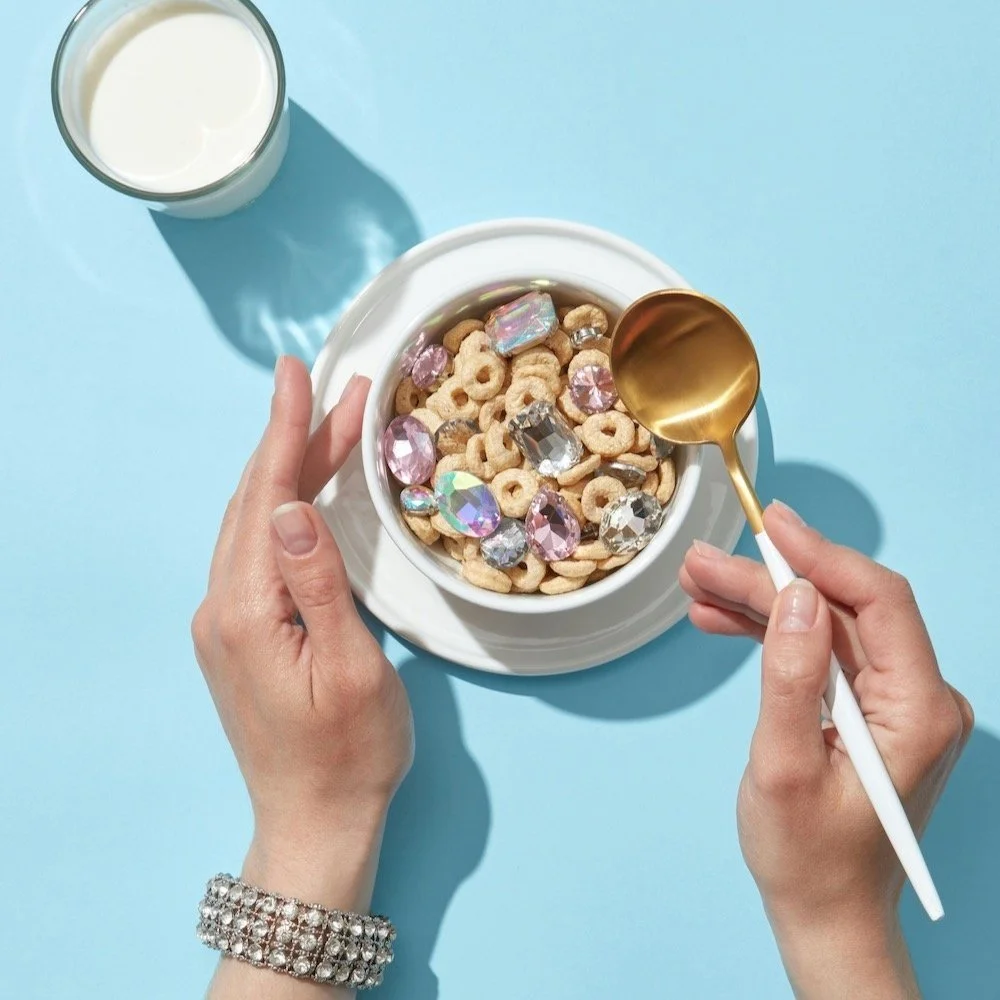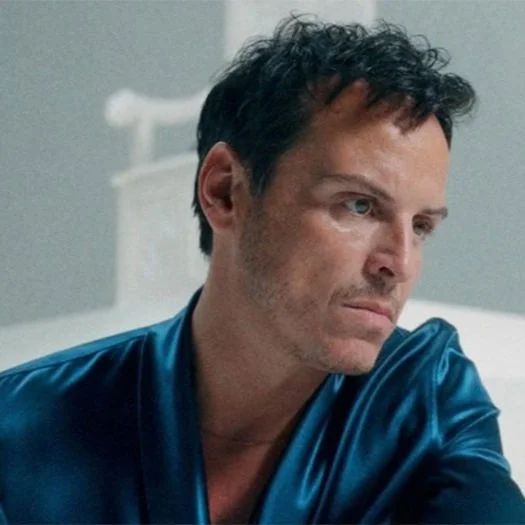Actually It’s Not Our Fault We Speak Like This? Here’s The Insidious Reason Why.
by Marissa Pomerance
Usually when we see a caricature of a “dumb” woman on our screens, notice how they always, like…sound the same? Like that Cher Horowitz, valley girl accent where their intonation always goes up at the end of their sentences? Like they’re always asking a question? Can’t you hear it in your head now? Is this how you speak too?
Well, there’s a name for that. It’s called “upspeak.”
And actually, there’s a very good reason that women speak this way. And a very clear reason why people perceive it as “ditzy” or dumb.
First, why do we think it makes us sound dumb?
How many of us have been told that we say “like” too much, and then were shamed into believing it makes us sound dumb? Because “like” is something that girls say, so it must not be smart. Same with upspeak.
In case you need proof that this phenomenon still exists, HERE’s an actual psychologist who wrote a whole article about how much upspeak irks him. He even acknowledged that when smart students were making brilliant points in his classes, he was too distracted by their upspeak to pay attention to the substance of their words. HERE’s an executive coach (also male) declaring that upspeak will hurt your career; according to him, “when it comes to perception, the male voice – particularly a deeper toned one -- is the de facto standard to which women and other men are compared. Judged by this standard, upspeak is a killer.” He even mentions how a journalist was told by a CEO she was interviewing that she sounded like his granddaughter, and that was an insult? Because, apparently, nothing is worse/less professional than sounding like a girl or young woman.
I mean, even Elizabeth Holmes infamously may have deepened her voice just to be taken seriously.
None of this feels particularly surprising, as many things traditionally associated with women interests are minimized.
Rom-coms? Dumb “chick flicks.” Boy bands? Stupid, bad music only teenage girls like (and if teenage girls like it, it’s the HEIGHT of dumb and opposite of high-brow culture). Stay at home parent? Not a real job. Not real work. Not valuable or something to be proud of. Fashion and beauty? Vain and narcissistic. Not real interests of serious people.
And since men have controlled culture and the workforce and academia for…well, forever…their beliefs and standards about what’s “smart” and “interesting” and “important” are the ones we’ve come to accept as truth.
All of that is to say: upspeak is associated with women, and things associated with women are “dumb.”
Then why do we talk like this?
Of course, there are a lot of different people who use upspeak. And the “origins” of it are likely impossible to trace to a single phenomenon.
But. If we can just throw out our own “Candidly” theory, it’s this; women use upspeak because it’s a less threatening way to speak. Instead of coming off as “bossy” or “too assertive,” we frame our statements with a slight question, so we can seem agreeable. So it seems like we’re just asking, never demanding or instructing. Some have even proposed that women use upspeak as a way to “hold the floor.” Using these intonations might be a way to stave off interruptions, as if we’re saying, “I’m not done speaking yet!”
Some might see upspeak as purposefully putting ourselves in a submissive role and position, or as a way to apologize for just existing, but upspeak can actually be really smart, and strategic.
It can be used to help foster agreement; instead of aggressively demanding someone agree with us, we can say something like, “does Mexican sound good for dinner?” which indicates our own preference, but makes the listener feel like they have an option, too. It can also be used to ensure understanding; phrases like “does that sound good to you?” might sound like self-doubt, but they’re actually helpful tools in getting confirmation from a listener that they’re following us, and that we’re in agreement.
Does that all make sense?
Marissa Pomerance is the Managing Editor of The Candidly. She’s a Los Angeles native and lover of all things food, style, beauty, and wellness. You can find more of her articles here.








